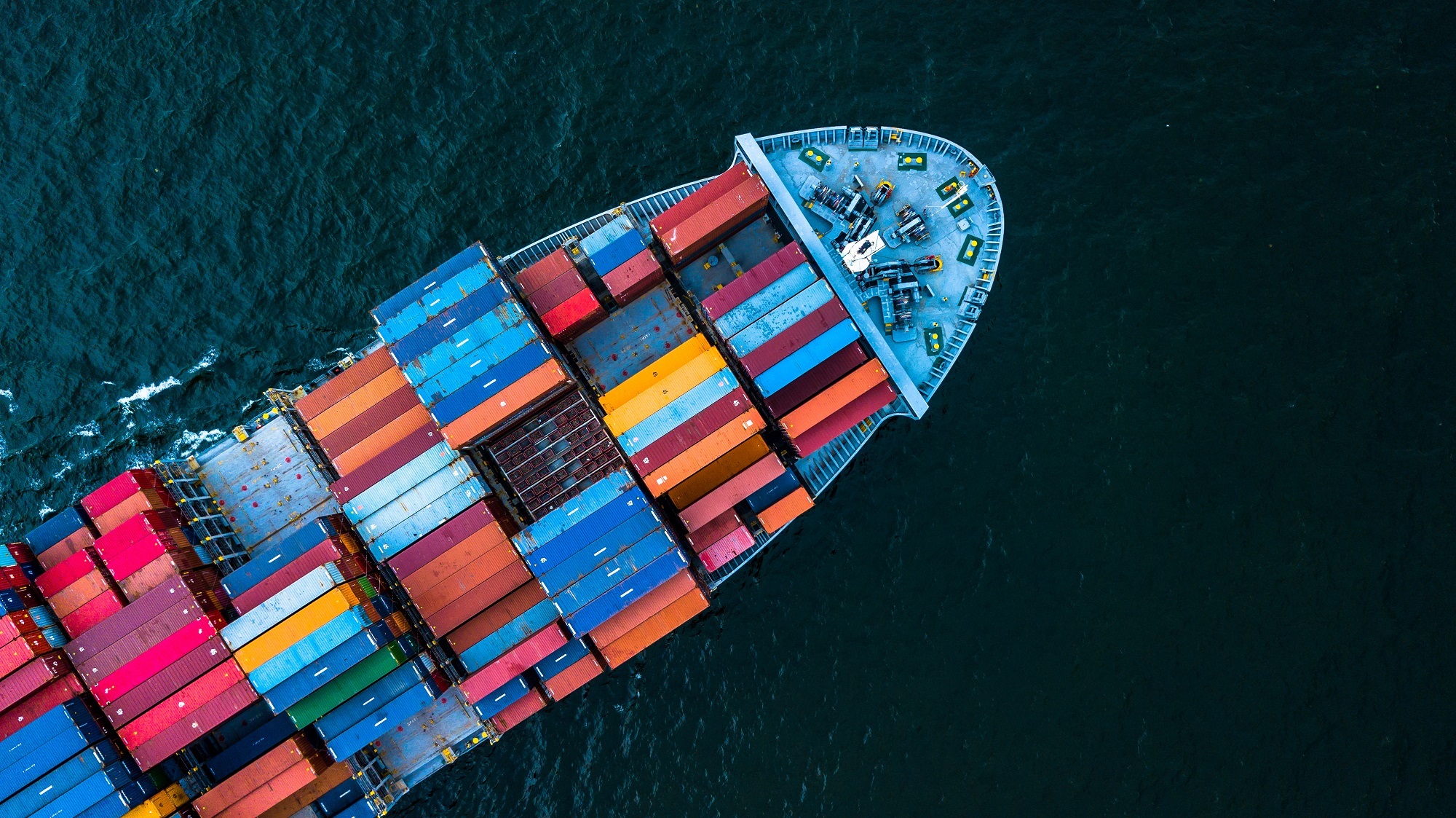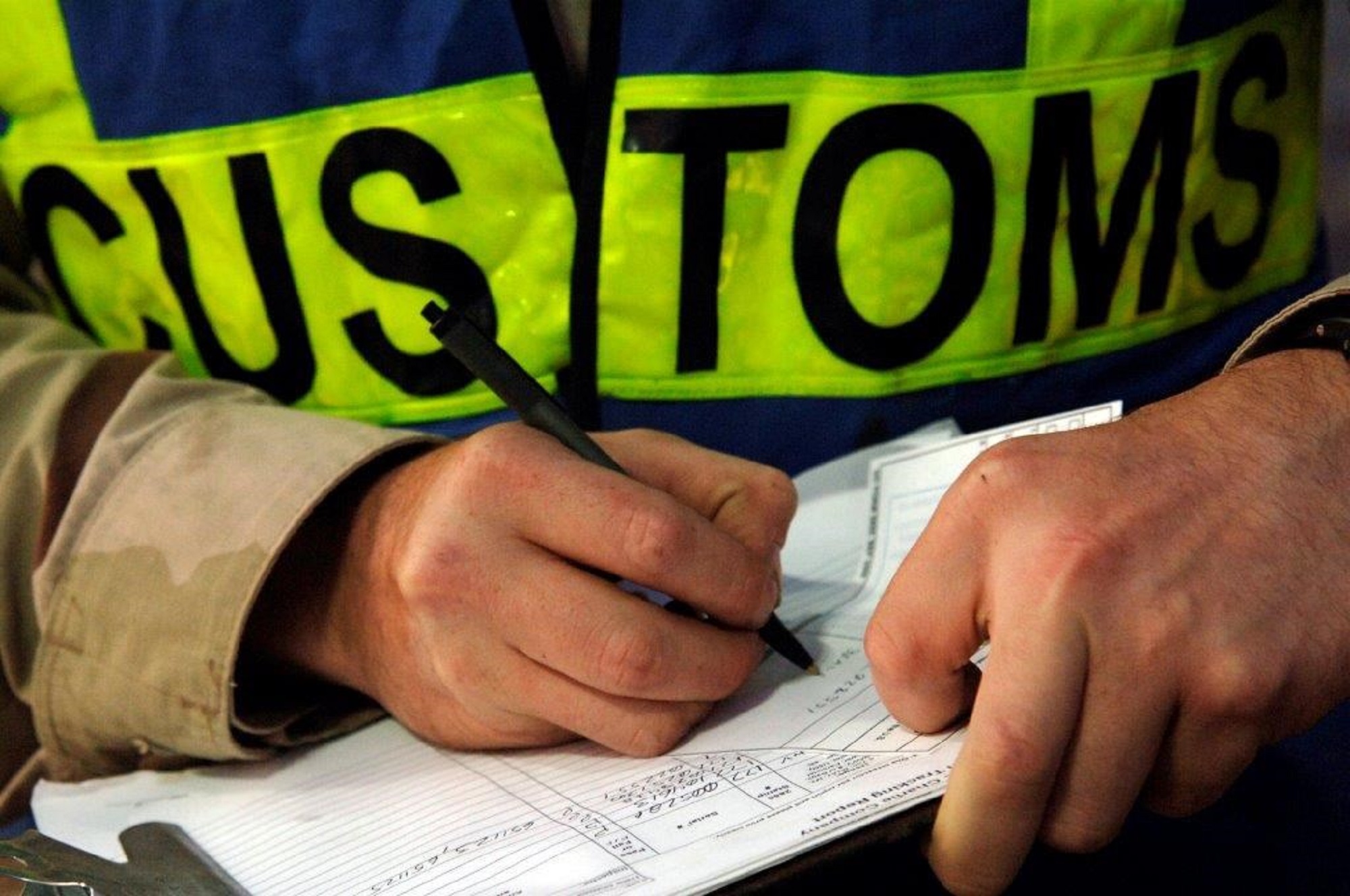With Brexit fast approaching, now would be a good time to assess your supply chain and contracts. In particular, it is important to check the Incoterms that have been agreed upon in situations involving the United Kingdom (UK). This applies to the Incoterms agreed upon with your customers, as well as to those agreed upon with your suppliers.
But what are these Incoterms, besides (in most cases) a formality that you mention in your contracts and on your invoices?
The International Commercial Terms, commonly referred to as ‘Incoterms’, are published by the International Chamber of Commerce (“ICC”) and were introduced in 1936. The Incoterms have been revised several times since their introduction, most recently in 2020. Different practices and legal interpretations by sellers and buyers all over the globe created the need for a common set of rules and guidelines for international trade. Shortly put, the Incoterms set out the commercial terms and responsibilities for the seller and the buyer, in relation to the carriage/transport of the goods from seller to buyer, as well as insurance of the goods. They also cover export, import and security-related clearance. We note that the Incoterms only provide rules for the interpretation of the terms of delivery. The Incoterms do not address the transfer of power to dispose of the goods, or other terms of the contract.
For customs and VAT purposes, aspects relating to export and import will be of great importance once Brexit comes into full effect. The European Union (EU) and the UK are still negotiating the terms of their future relationship, but the risk of a hard Brexit increases with every passing day. Should there be a hard Brexit, or a Brexit whereby the UK becomes a non-EU country, the Incoterms will become even more relevant for doing business.
Example
Let’s illustrate this with an example.
A Dutch company might currently apply the so-called Incoterm DDP Dover, Incoterms 2020, when selling goods to a business in the UK and transporting the goods from the Netherlands to the UK. DDP (Delivered Duty Paid) implies that the Dutch company is responsible for transporting the goods to the named place in the country of the buyer, in this case Dover (UK). The seller pays all the costs related to the transport to the named place in the UK. This means maximum obligations for the Dutch company, and minimum obligations for the buyer. Not a big deal, you might think. This arrangement ensures that the goods are delivered correctly and is good for the client relationship, right?
At this point in time, you may be right. However, this will change after Brexit. Export formalities in the EU and import formalities in the UK will arise. Moreover, you will probably be faced with VAT-registration consequences in the UK, with regard to the sales after import in the UK. The DDP arrangement may still be beneficial for your client relationship, but your company will need to pay all the extra costs involved.
In these situations, it may be worthwhile to reach out to the buyer in the UK, with a view to discussing an Incoterm which is more favourable for both parties. An Incoterm such as DAP Dover, Incoterms 2020, may well be preferable in this situation.
In the example above, DAP would have made the Dutch seller responsible for the export. The UK buyer would subsequently be responsible for the customs clearance of the goods in the UK. This would still ensure that goods are delivered correctly to the port of Dover, but it avoids the hassle of the seller being responsible for importing the goods into the UK, and prevents Customs and VAT obligations in the UK, for the Dutch seller.
Applying the wrong Incoterms could lead to additional costs and obligations (e.g. customs duties, VAT, insurances, etc.). Furthermore, as Incoterms are accepted by governments and legal authorities around the world, failure to comply with the relevant Incoterms could lead to legal disputes in the area of International Commercial Law, with all of the ensuing consequences.
Therefore, it is highly recommended that you are aware of the meaning of, and the responsibilities relating to, the Incoterms that are to be applied in a particular case, before concluding and agreeing upon those terms with your buyer or seller.
From the perspective of indirect taxation, it is often said that one should “never apply DDP and never apply EXW”. Accepting maximum responsibilities is never a good idea, and the same applies with regard to minimum responsibilities. A shared responsibility is generally the most desirable outcome. However, in practice, shared responsibility is not always feasible.
With Brexit fast approaching, make sure that you check (and where needed, adjust) your contracts, and identify the obligations which you have under your existing contractual agreements. Also, check whether outstanding bids that you have provided to potential UK customers require any adjustments or fine-tuning. Changing the prices or terms retroactively, is a commercial nightmare. Make sure that you discuss any issues with suppliers, customers and potential customers as soon as possible.
Who would have thought that three little letters could have such a big impact?
If you would like to discuss your business or gain more insight into how to arrange your contracts in order to be properly prepared for Brexit, feel free to contact us.
This content was published more than six months ago. Because legislation and regulation is constantly evolving, we recommend that you contact your Baker Tilly consultant to find out whether this information is still current and has consequences (or offers opportunities) for your situation. Your consultant will be happy to discuss the latest state of affairs with you.





